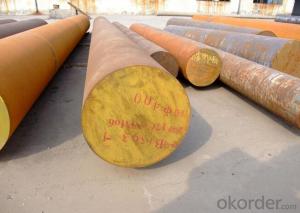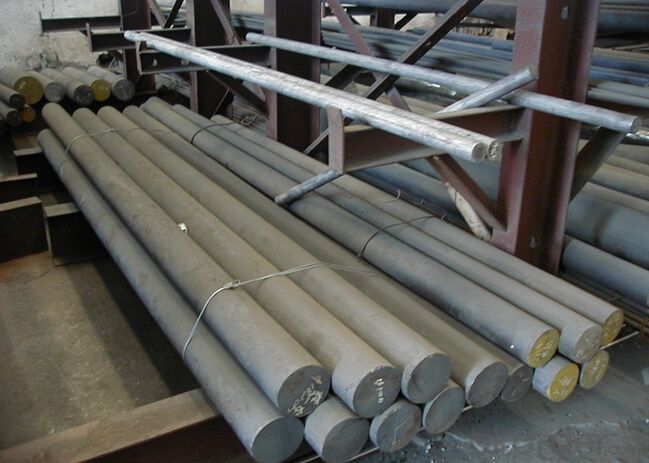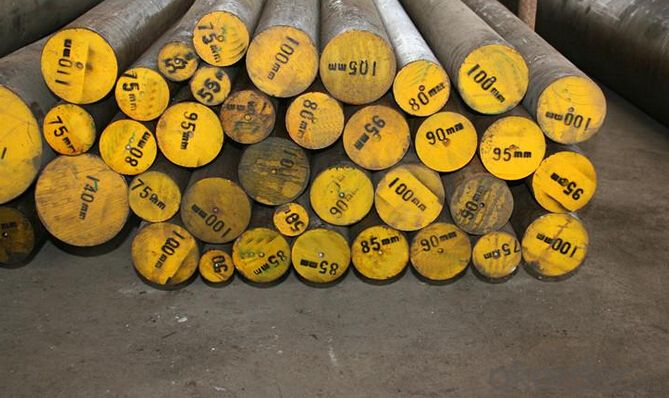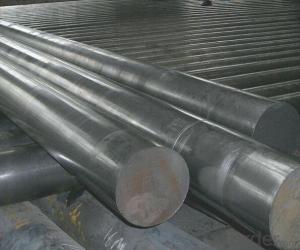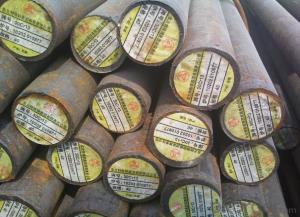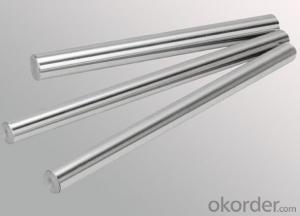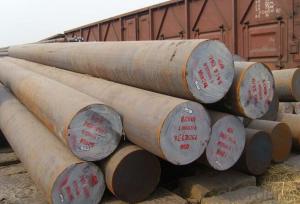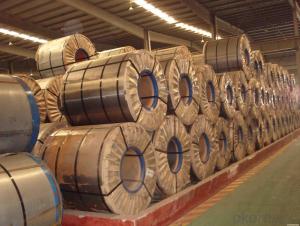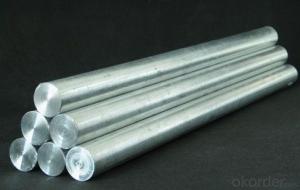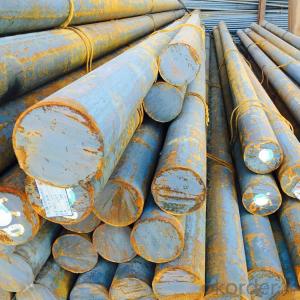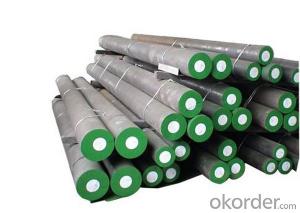Special Steel ck60 ck67 ck70 ck75 Carbon Spring Steel
- Loading Port:
- China main port
- Payment Terms:
- TT OR LC
- Min Order Qty:
- 30 m.t.
- Supply Capability:
- 10000 m.t./month
OKorder Service Pledge
OKorder Financial Service
You Might Also Like
Specification
Product information:
Delivery condition (strip,coil,sheet) | Grade based on DIN Standard | High quality heat treating steel strip, coil, sheet supply capacity and condition | |||
Hardness<20HRC | Hardness 29-55HRC | ||||
annealed | hardened and tempered | ||||
thickness | Width | thickness | Width | ||
High carbon steel | CK50,CK55, CK60,CK67, CK70,CK75, C75Cr1 | 0.15-2.5mm | 8-600mm | 0.15-2.5mm | 8-300mm |
Alloy spring steel | 50CrV4, 51CrV4, 60Si2Mn | 0.20-2.2mm | 8-180mm | 0.20-2.2mm | 8-180mm |
Stainless spring steel | 3Cr13-6Cr13 | 0.20-2.5mm | 8-150mm | 0.20-2.5mm | 8-150mm |
Edge process | slit edge; both rounded; one side round, one side slit; square etc | ||||
Finish surface | polished (blue, yellow, white, grey-blue, black, bright) or Nature etc | ||||
Tolerance | thickness +/-0.01mm max; width +/-0.05mm max | ||||
Physical property | Tensile strength: 450-1850N/mm2 | ||||
Product Show:
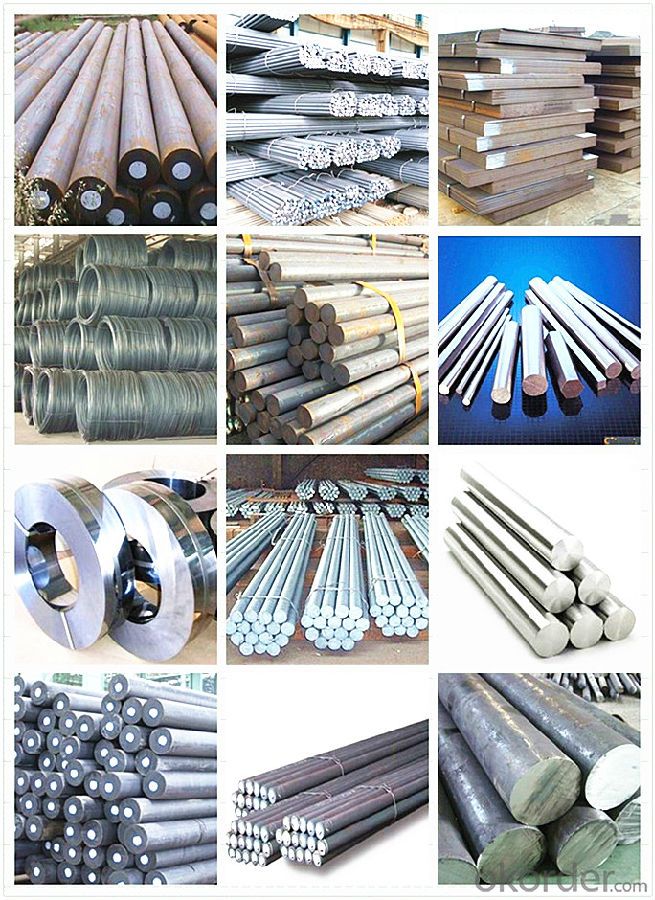
Workshop Show:
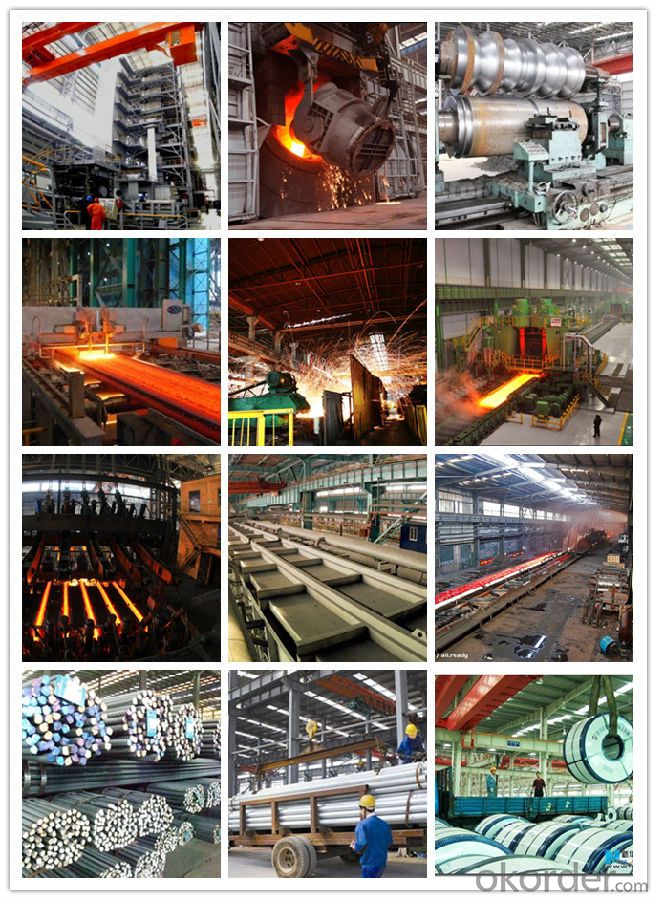
Shipping
1. FedEx/DHL/UPS/TNT for samples, Door-to-Door;
2. By Air or by Sea for batch goods, for FCL; Airport/ Port receiving;
3. Customers specifying freight forwarders or negotiable shipping methods!
Delivery Time: 3-7 days for samples; 5-25 days for batch goods.
Payment Terms
1.Payment: T/T, L/C, Western Union, MoneyGram,PayPal; 30% deposits; 70% balance before delivery.
2.MOQ: 1pcs
3.Warranty : 3 years
4.Package Informations: 1) EXPORT, In 20 feet (GW 25 ton) or 40 feet Container (GW 25 ton)
2)as customer's requirement
Why choose us?
(1) The leading exporter in China special steel industry.
(2) Large stocks for various sizes, fast delivery date.
(3) Good business relationship with China famous factories.
(4) More than 7 years steel exporting experience.
(5) Good after-sales service guarantee.
- Q: How does special steel contribute to the transportation sector?
- Special steel contributes to the transportation sector by providing high-strength and lightweight materials that enhance the performance, efficiency, and safety of vehicles. It is used in various components, such as engine parts, chassis, and suspension systems, to improve fuel economy, reduce emissions, and enhance durability. Additionally, special steel's corrosion resistance properties make it suitable for manufacturing components in harsh environments, such as marine and aerospace applications, further expanding its contribution to the transportation industry.
- Q: How does special steel compare to other materials like aluminum or titanium?
- Special steel, such as stainless steel or tool steel, offers unique properties that make it highly desirable for certain applications. Compared to materials like aluminum or titanium, special steel is generally stronger, more durable, and has better resistance to corrosion. It also often provides better heat resistance and can be easily machined or welded. However, aluminum and titanium have their own advantages such as being lighter in weight and having higher strength-to-weight ratios. The choice of material depends on the specific requirements of the application.
- Q: How does the composition of special steel affect its properties?
- The composition of special steel greatly affects its properties. By adjusting the levels of various elements such as carbon, chromium, manganese, and nickel, the hardness, strength, corrosion resistance, and heat resistance of the steel can be altered. For example, increasing the carbon content in steel can enhance its hardness and strength, while adding chromium can improve its resistance to corrosion. Overall, the composition of special steel plays a crucial role in determining its specific properties and suitability for various applications.
- Q: How is special steel used in the marine supply chain?
- Special steel is used extensively in the marine supply chain due to its exceptional strength, corrosion resistance, and durability. It is utilized in the construction of various marine components such as ship hulls, propeller shafts, offshore platforms, and marine equipment. Special steel ensures the structural integrity and longevity of these critical marine structures, enabling safe and efficient operations in harsh and corrosive marine environments.
- Q: What are the main applications of special steel in the food packaging industry?
- Special steel is widely used in the food packaging industry due to its unique properties and benefits. It is primarily used for manufacturing various components of food packaging machinery, such as cutting blades, molds, and dies. The main applications of special steel in this industry include ensuring precision cutting, shaping, and forming of packaging materials, enhancing durability and resistance to wear and tear, and maintaining hygiene standards by preventing contamination and facilitating easy cleaning.
- Q: How does molybdenum improve the performance of special steel?
- Molybdenum plays a crucial role in enhancing the performance of special steel due to its unique properties and characteristics. First and foremost, molybdenum significantly improves the strength and toughness of steel, making it more durable and resistant to deformation. This is achieved by forming a solid solution with iron, which results in a fine-grained microstructure and reduces the formation of brittle phases in the steel. Moreover, molybdenum increases the hardenability of steel, allowing it to be heat-treated to obtain desired mechanical properties. This is particularly important in the production of special steel, where high strength, wear resistance, and thermal stability are often required. By enabling effective heat treatment, molybdenum ensures that the steel can be processed to meet specific performance requirements, such as hardness, toughness, and dimensional stability. Additionally, molybdenum enhances the corrosion resistance of special steel, making it suitable for various challenging environments. It forms a protective oxide layer on the surface of the steel, which acts as a barrier against corrosive substances like acids, alkalis, and salts. This resistance to corrosion is crucial in applications where the steel is exposed to harsh conditions, such as marine environments, chemical processing plants, and oil and gas industries. Furthermore, molybdenum improves the high-temperature strength and creep resistance of special steel. It enables the steel to maintain its mechanical properties even at elevated temperatures, making it suitable for applications where the steel is subject to prolonged exposure to heat or mechanical stress. In summary, molybdenum plays a vital role in enhancing the performance of special steel by improving its strength, toughness, hardenability, corrosion resistance, and high-temperature properties. These attributes make molybdenum an essential alloying element in the production of special steel for various industries, including automotive, aerospace, energy, and tool manufacturing.
- Q: What are the different methods of improving the strength of special steel?
- There are several methods that can be employed to improve the strength of special steel. One common method is through the process of alloying. By adding certain elements to the steel, such as manganese, chromium, or vanadium, the strength and hardness of the steel can be significantly increased. These alloying elements form strong and stable compounds with the steel, enhancing its overall strength. Another method is through heat treatment. This involves subjecting the steel to controlled heating and cooling processes to alter its microstructure. For instance, quenching and tempering can be used to increase the strength and hardness of the steel by creating a hardened martensitic structure. Precipitation hardening is another heat treatment technique which involves the formation of fine particles within the steel matrix, resulting in improved strength. Cold working is also a widely used method for strengthening special steel. By subjecting the steel to plastic deformation at low temperatures, its grain structure becomes elongated and dislocations are introduced. This leads to an increase in strength and hardness of the steel. Additionally, surface treatments can be applied to improve the strength of special steel. For example, carburizing or nitriding can be used to introduce carbon or nitrogen into the surface layer of the steel, forming a hard and wear-resistant surface. Furthermore, advancements in metallurgical technology have introduced techniques such as powder metallurgy and rapid solidification. These methods involve the production of steel with fine and homogeneous microstructures, resulting in improved strength and performance. Overall, the methods of improving the strength of special steel include alloying, heat treatment, cold working, surface treatments, and advanced metallurgical technologies. These techniques can be tailored to meet specific requirements, enabling the production of high-strength and high-performance steel for various applications.
- Q: What are the challenges in surface treating special steel?
- Surface treating special steel can present a range of challenges due to the unique properties and composition of the material. Some of the main challenges include: 1. Hardness: Special steels often have a high level of hardness, making it difficult to achieve effective surface treatment. Traditional methods like heat treatment or chemical processes may not be sufficient to alter the surface properties without affecting the core strength. 2. Surface contamination: Special steels are susceptible to contamination during the surface treatment process. Even small traces of impurities or foreign materials can compromise the integrity of the treated surface. It is crucial to have a controlled environment and use clean equipment to minimize contamination risks. 3. Complex alloy composition: Special steels are typically alloyed with various elements to enhance their specific characteristics, such as corrosion resistance or high temperature stability. This complex composition can make it challenging to find suitable surface treatment techniques that can effectively modify the surface properties without negatively impacting the alloy's overall performance. 4. Adhesion and coating uniformity: Achieving good adhesion and coating uniformity on special steel surfaces can be problematic. The surface characteristics and microstructure of special steels can make it challenging for coatings or treatments to adhere properly and evenly. Special attention must be given to surface preparation and the selection of appropriate primers or coatings to ensure good adhesion and uniformity. 5. Heat sensitivity: Some special steels may be sensitive to heat during surface treatment processes. Excessive heat exposure can alter the material's properties, leading to structural changes or even deformation. Careful temperature control and suitable cooling methods need to be employed to prevent any undesirable effects on the steel during the surface treatment process. 6. Cost: Surface treating special steel can be a costly process due to the specialized equipment, materials, and expertise required. Additionally, the challenges mentioned above can increase the complexity and time required for surface treatment, leading to higher costs. It is essential to consider these factors when planning and budgeting for surface treatment on special steel components.
- Q: Can special steel be used in the agricultural sector?
- Yes, special steel can be used in the agricultural sector. Special steel, such as high-strength steel or corrosion-resistant steel, can be utilized in various applications within agriculture, including the manufacturing of farm equipment, machinery, tools, and infrastructure. These steel types offer enhanced durability, strength, and resistance to harsh environmental conditions, making them suitable for agricultural operations and ensuring long-lasting and efficient performance in the field.
- Q: How does special steel contribute to the manufacturing of shafts and axles?
- Special steel is used in the manufacturing of shafts and axles due to its superior strength, durability, and resistance to wear and tear. It allows for the production of shafts and axles that can withstand high levels of stress, torque, and impact, making them suitable for heavy-duty applications such as automotive and industrial machinery. Additionally, special steel's exceptional machinability allows for precise shaping and customization of shafts and axles, ensuring optimal performance and reliability in various industries.
Send your message to us
Special Steel ck60 ck67 ck70 ck75 Carbon Spring Steel
- Loading Port:
- China main port
- Payment Terms:
- TT OR LC
- Min Order Qty:
- 30 m.t.
- Supply Capability:
- 10000 m.t./month
OKorder Service Pledge
OKorder Financial Service
Similar products
Hot products
Hot Searches
Related keywords
